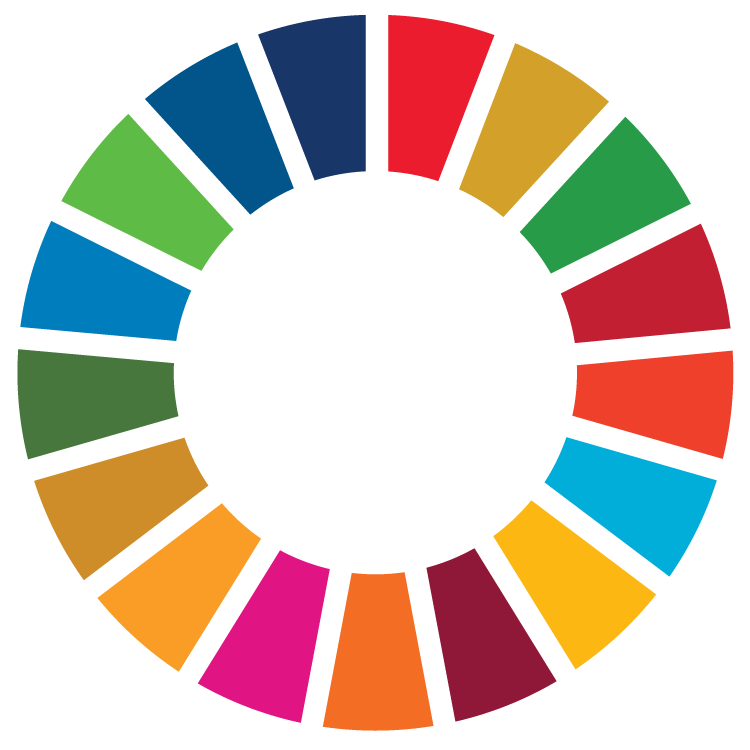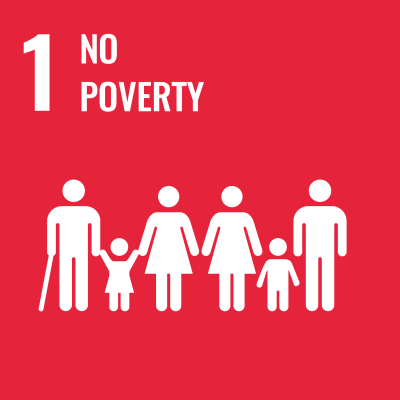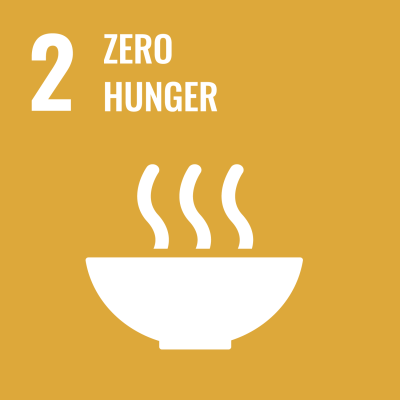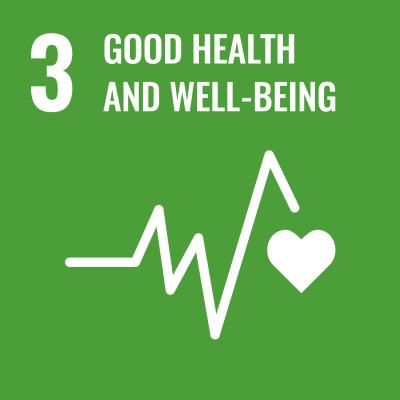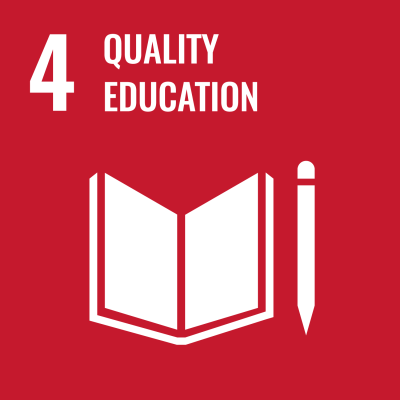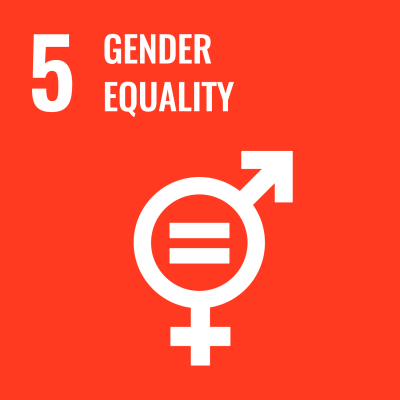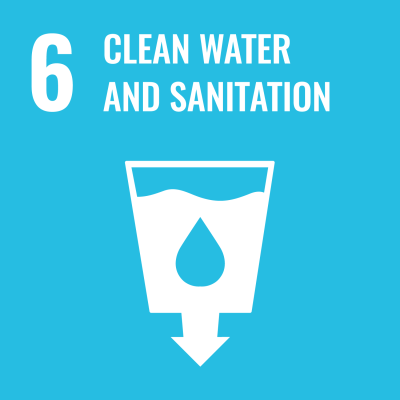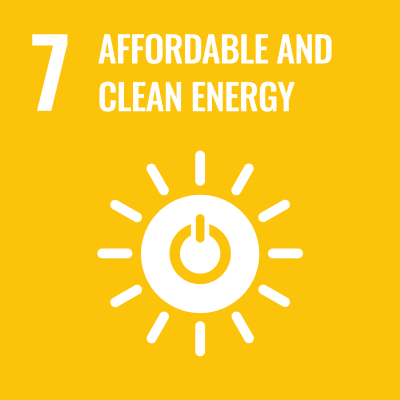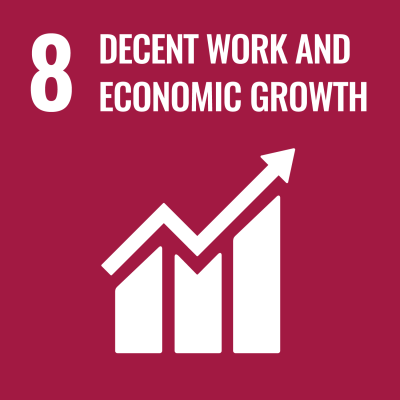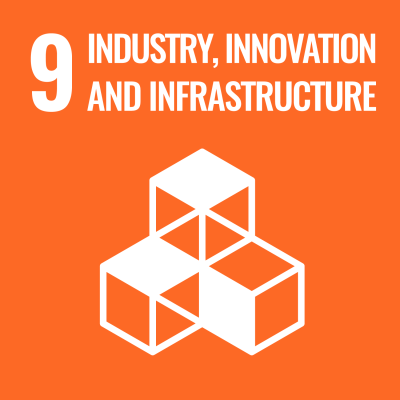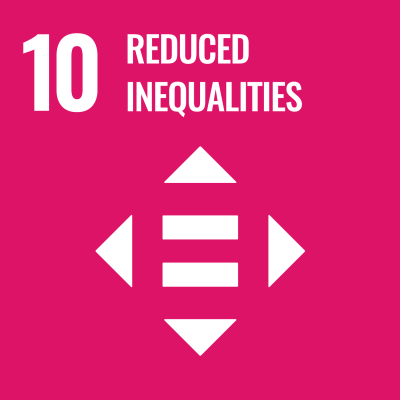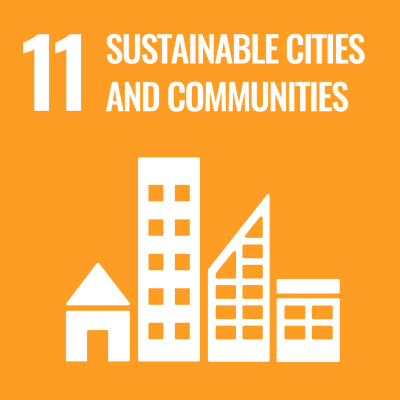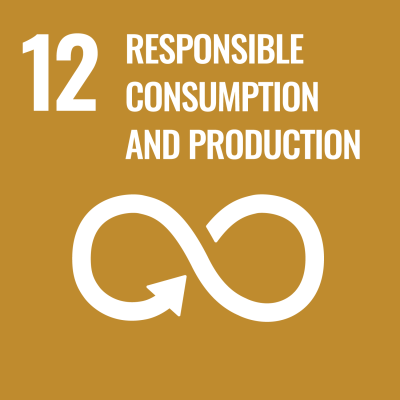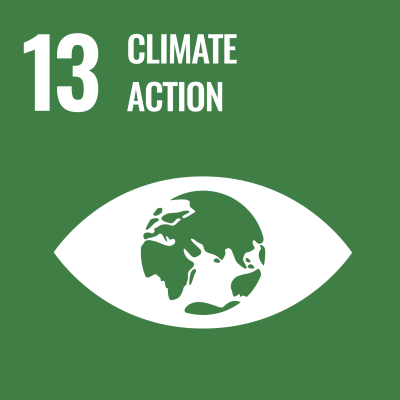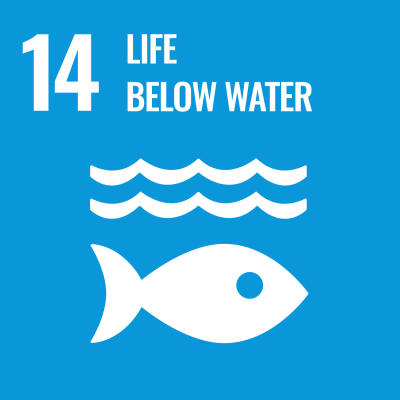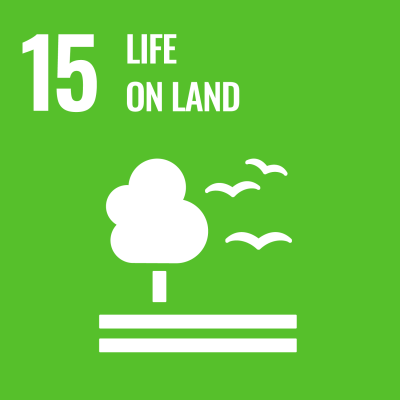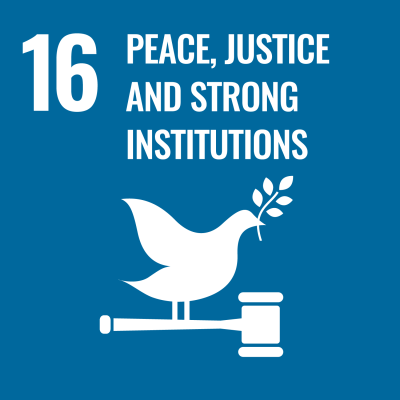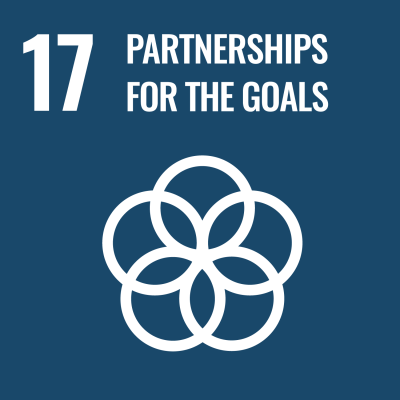Make cities and human settlements inclusive, safe, resilient and sustainable:
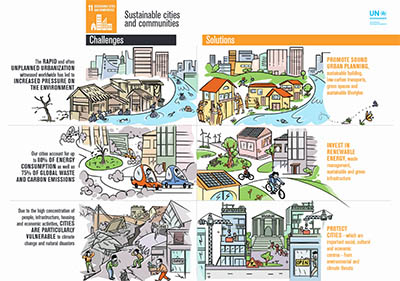
There is a strong link between the quality of life in cities and how cities draw on and manage the natural resources available to them. To date, the trend towards urbanization has been accompanied by increased pressure on the environment and accelerated demand for basic services, infrastructure, jobs, land, and affordable housing, particularly for the nearly 1 billion urban poor who live in informal settlements.
Due to their high concentration of people, infrastructures, housing and economic activities, cities are particularly vulnerable to climate change and natural disasters impacts. Building urban resilience is crucial to avoid human, social and economic losses while improving the sustainability of urbanization processes is needed to protect the environment and mitigate disaster risk and climate change.
Resource efficient cities combine greater productivity and innovation with lower costs and reduced environmental impacts, while providing increased opportunities for consumer choices and sustainable lifestyles.
Data and Statistics / Facts and Figures:
- The world’s cities occupy just 3 per cent of the Earth’s land, but account for 60-80 per cent of energy consumption and 75 per cent of carbon emissions.
Targets linked to the environment:
- Target 11.2: By 2030, provide access to safe, affordable, accessible and sustainable transport systems for all, improving road safety, notably by expanding public transport, with special attention to the needs of those in vulnerable situations, women, children, persons with disabilities and older persons
- Target 11.3: By 2030, enhance inclusive and sustainable urbanization and capacity for participatory, integrated and sustainable human settlement planning and management in all countries
- Target 11.4: Strengthen efforts to protect and safeguard the world’s cultural and natural heritage
- Target 11.5: By 2030, significantly reduce the number of deaths and the number of people affected and substantially decrease the direct economic losses relative to global gross domestic product caused by disasters, including water-related disasters, with a focus on protecting the poor and people in vulnerable situations
- Target 11.6: By 2030, reduce the adverse per capita environmental impact of cities, including by paying special attention to air quality and municipal and other waste management
- Target 11.7: By 2030, provide universal access to safe, inclusive and accessible, green and public spaces, in particular for women and children, older persons and persons with disabilities
- Target 11.a: Support positive economic, social and environmental links between urban, per-urban and rural areas by strengthening national and regional development planning
- Target 11.b: By 2020, substantially increase the number of cities and human settlements adopting and implementing integrated policies and plans towards inclusion, resource efficiency, mitigation and adaptation to climate change, resilience to disasters, and develop and implement, in line with the Sendai Framework for Disaster Risk Reduction 2015-2030, holistic disaster risk management at all levels
To learn more about UN Environment Programme's contributions to SDG 11:
- SDG Issue Brief on Make Cities and Human Settlements Inclusive, Safe, Resilient and Sustainable
